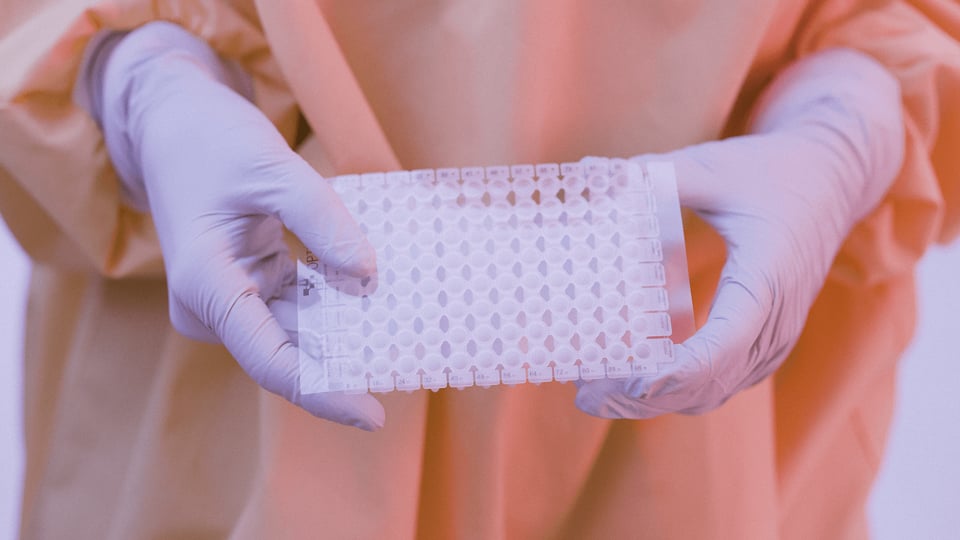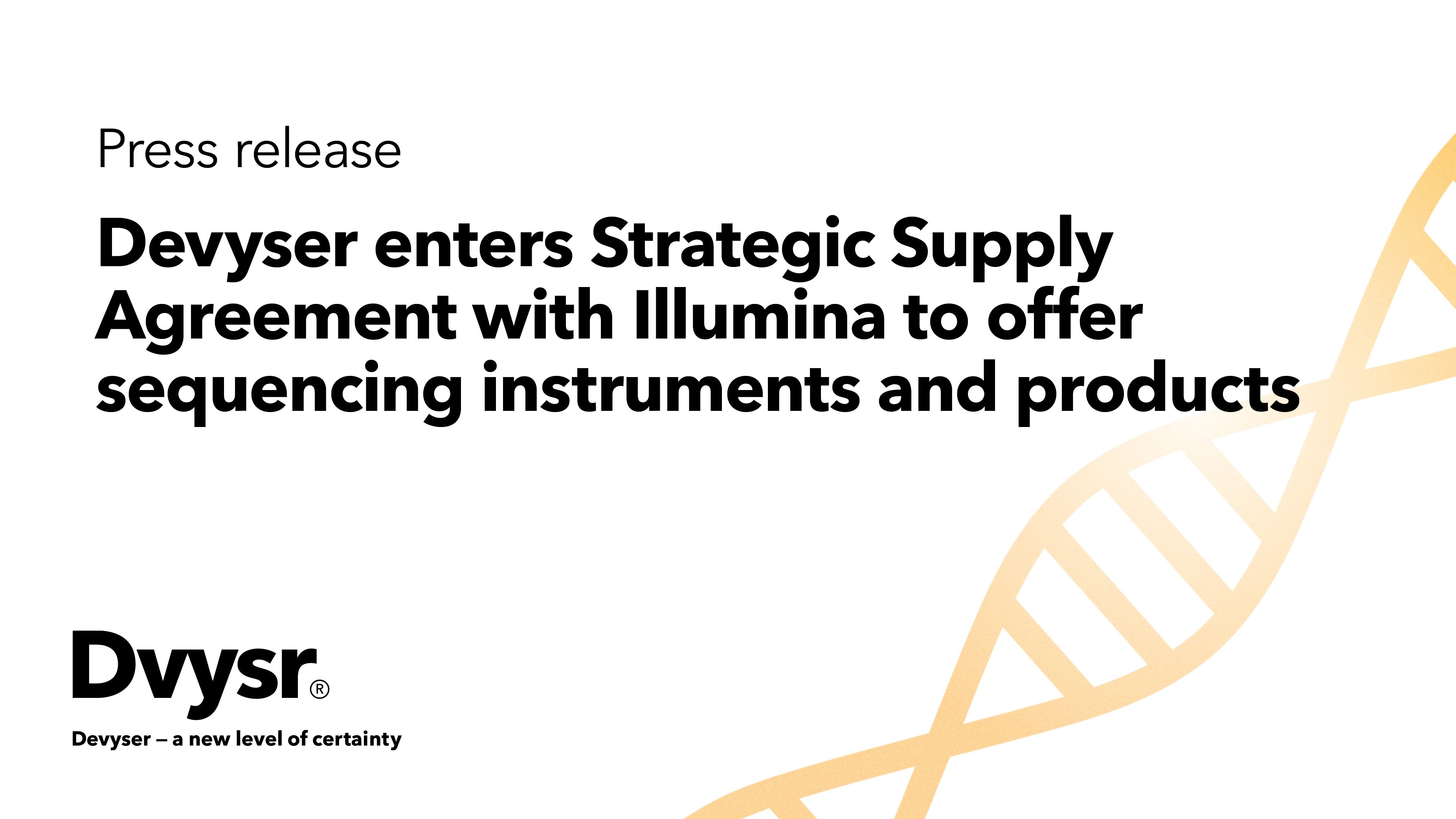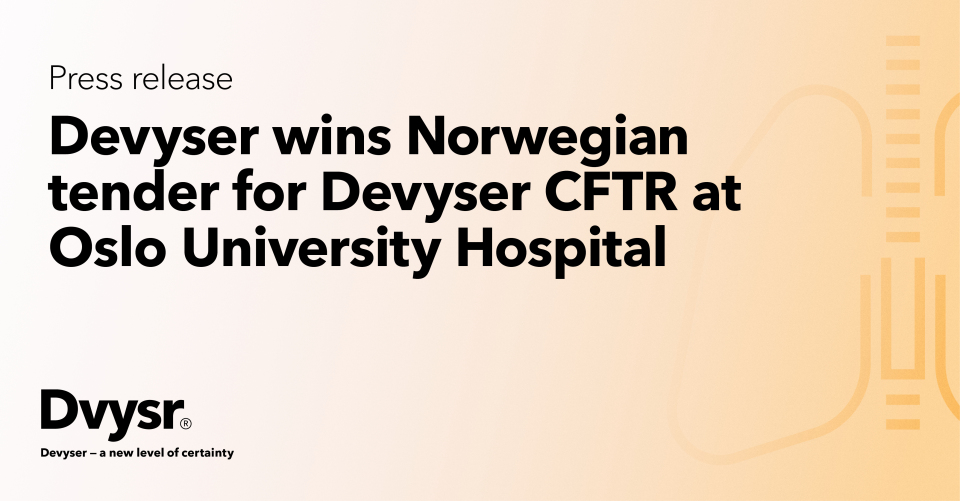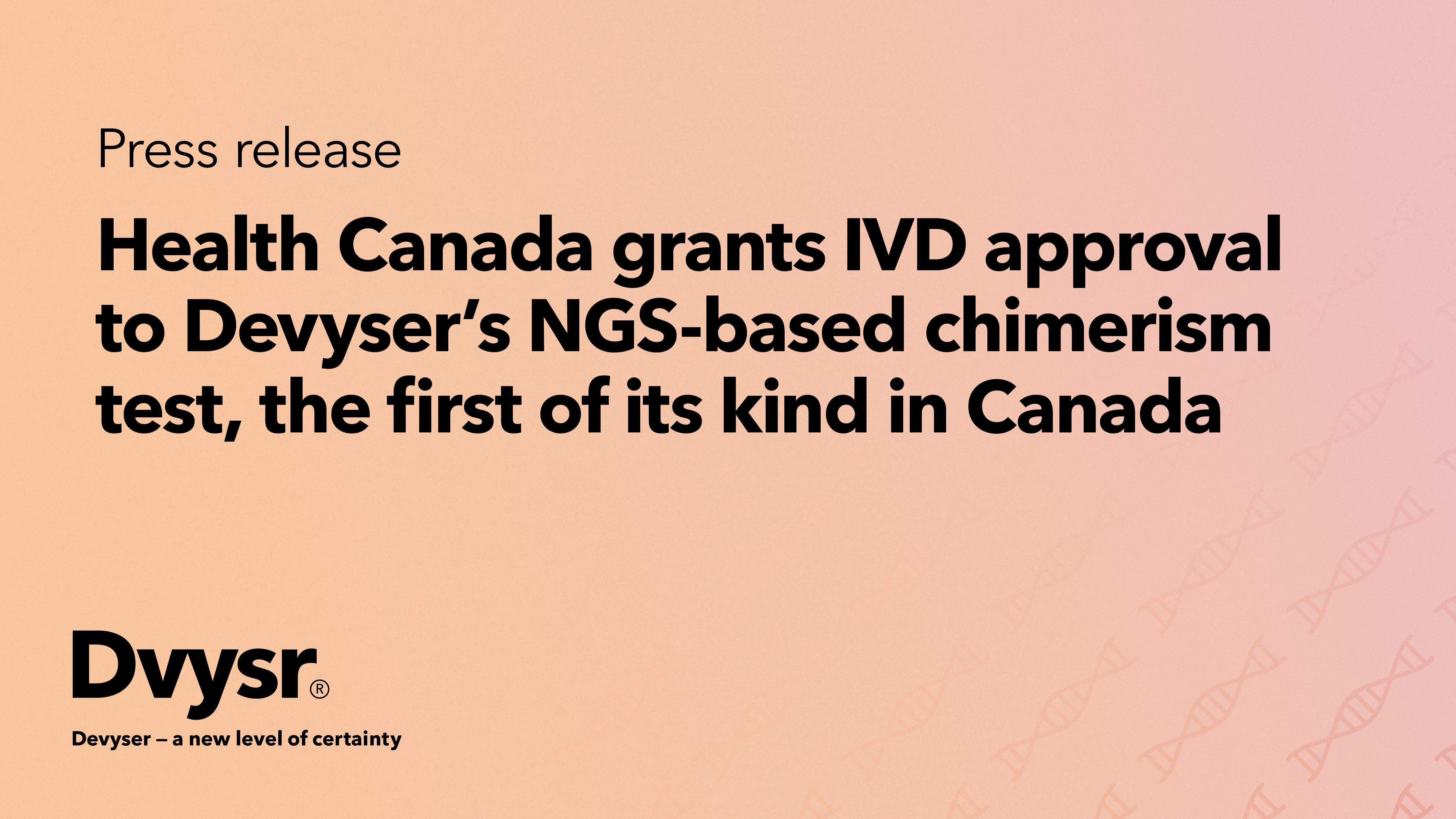Devyser enters Strategic Supply Agreement with Illumina to offer sequencing instruments and products
Devyser today announced that it entered a strategic agreement with Illumina, a global leader in DNA...

News | November 15, 2018
Questions around genetic data sharing are coming into focus as our ability to sequence DNA improves, and digital privacy issues gain more awareness. Earlier this autumn, the Global Alliance for Genomics and Health (GA4GH) held it’s 6th plenary event in Basel, Switzerland, as a forum to share knowledge and experiences around genetic data sharing and the implementation of systems which enable this.
One of the driving values of the organisation is from Article 27 in the Universal Declaration of Human Rights – that “everyone has the right to … share in scientific advancement and it’s benefits”. The ability to share genetic data on a broad scale has the potential to lead to diagnosis of rare disease, more targeted treatments, and improvements to global healthcare in general – which undoubtedly fits into this scope. Unfortunately, being a document from 1948, the declaration is understandably silent on the issue of digital privacy, the nearest and best fit being Article 12 – “No one shall be subjected to arbitrary interference with his privacy…”. With threats of cybersecurity attacks and data breaches regularly in our newspapers (the Healthcare Information and Management Systems Society keeps a yearly record of healthcare breaches, for example) debate over how to balance individual privacy rights against the universal right to benefit from medical advancement is ongoing.
What are the issues?
Aside from potential for identity theft from personal data, fears of genetic fraud, or even discrimination based on personal medical histories or family history of illness are the most pressing concerns around genetic data sharing.
Medical data currently exists in many silos in research labs, private companies and hospitals around the world, and aside from reluctance to share data, data is stored in formats that are far from consistent from one database to another, making analysis difficult.
Many patients do not understand the concepts of genomics, or what kind of information they are sharing, which makes informed consent challenging.
Much of the GA4GH plenary focused on systems we can implement to improve data sharing capacity in a consistently interpretable way, as well as what we can do to try and insure security and integrity of data. A collaboration with the EU Commission is also ongoing to develop a GDPR compliant Code of Conduct for Health Research which is expected to be available for public comment in Spring 2019.
Development of a code or standard for consistent recording and interpretation of data is essential for the medical community to be able to identify new recurring markers from geographically dispersed samples. Equally importantly, ensuring security of data is essential to gaining acceptance – maybe not from patients (a further article on patient perspectives is forthcoming) but certainly from the general public and political influences.
While systems are being developed to help read data stored in different databases and convert them into a consistent and compatible format for analysis, a global best practice needs to be developed to facilitate and enhance data sharing initiatives.
The Devyser sequence coverage calculator facilitates the planning of each sequencing run. In particular it can be used to optimise the read coverage for each sample, to optimise the use of sequencing flowcell capacity, and to combine multiple library pools.

Devyser today announced that it entered a strategic agreement with Illumina, a global leader in DNA...
Read More

Devyser is proud to announce that the company has been awarded a tender by Oslo University Hospital...
Read More

Devyser, a leading provider of advanced genetic testing solutions, has been awarded a new tender in...
Read More

Devyser is proud to announce that One Lambda Devyser Chimerism and Advyser Chimerism have been...
Read More